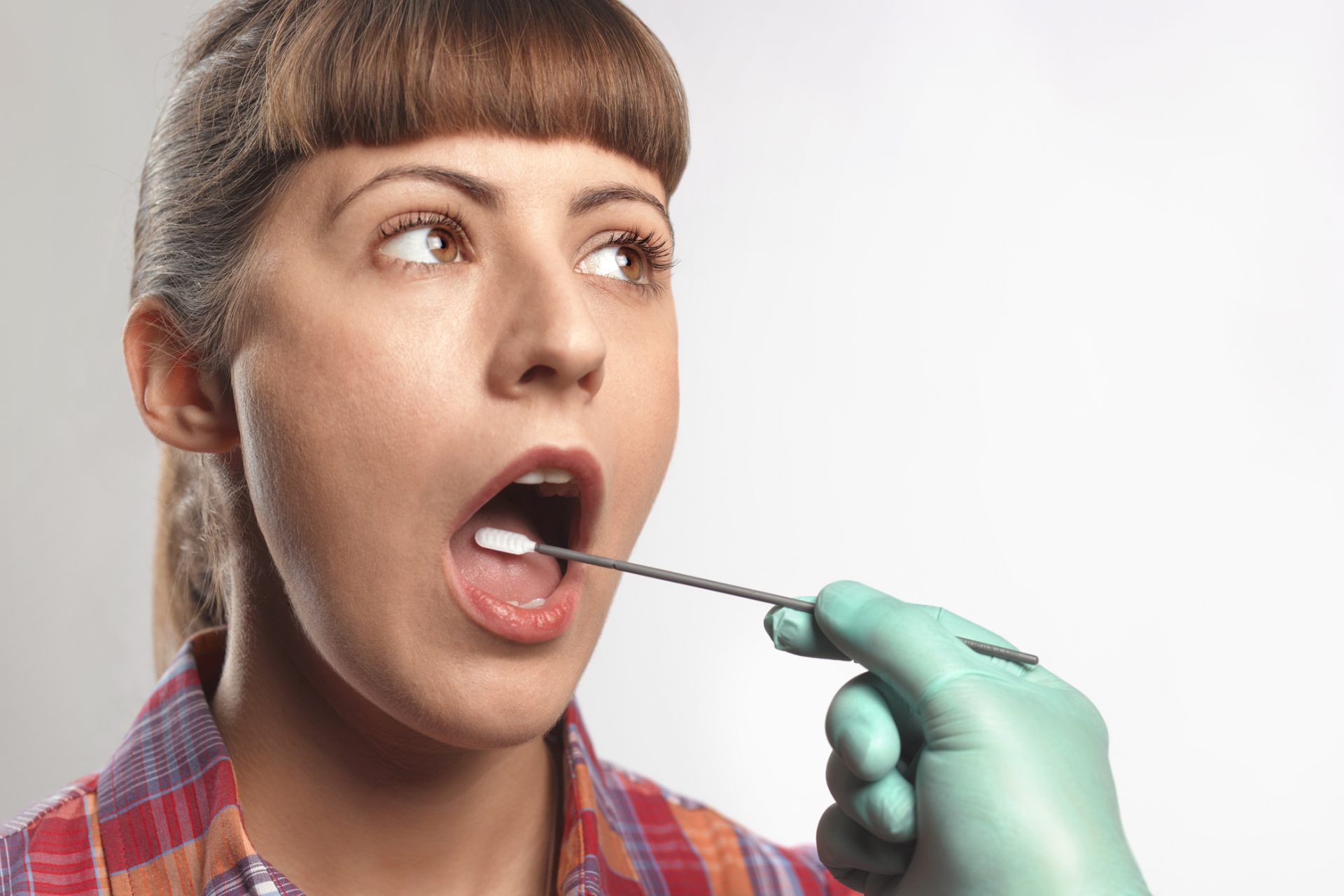The food of the future? Why you should consider adding insects to your diet
Insects are part of the diet of at least 2 billion people around the world, according to a report by the U.N. Food and Agriculture Organization (FAO). It is not only safe to eat insects, but doing so could be the answer to humankind's pressing need to increase food production within small spaces.
By 2050, the planet will have to accommodate 9 billion people and double food production. We could destroy the earth by expanding the agricultural and farming frontier or find new and creative ways to feed our growing population. Insects are a good protein source and can grow in tiny spaces with few resources.
Entomologists have been pushing the world to stop thinking insects are "creepy." In 2022, a group of international experts called for world leaders to deal with this issue. They consider that perception "is a key factor holding back the public's appreciation of the role they play within ecosystems," according to a Science Daily article that collected the study.
Our ill perception of insects has led to a significant decrease in their population. Climate change affects insects as much as other species, but this attracts less attention than polar bears or sea turtles. The problem is that people, and policymakers, ignore that insects have a crucial role in the functioning of the environment.
A lousy perception is also what makes us dread the idea of eating an insect. An excellent example of this is candy corn. The Business Insider revealed that a resin secreted by lac bugs is one of the ingredients of this classic Halloween candy. The New York Post immediately published an article titled: 'Candy corn contains a disgusting ingredient made from insects.'
The truth is that insects have been a part of the food industry for years. The lac bug resin gives a protective, glossy coating to candies, jelly beans, and ice cream cones. The food industry has also used it safely to prevent moisture from affecting fruits.
Beyond the invisible industry uses, around a third of the world's population eats insects. A few good examples are Chapulines (grasshoppers) in México, Jing Leed (crickets) in Thailand, and scorpions in China.
Insects as food have earned a broader acceptance in Europe, the U.S., and Canada. In 2022, European Union Member States gave the green light for producing frozen and freeze-dried formulations of the lesser mealworm and partially defatted house cricket.
Ÿnsect, a French company building the world's largest insect farm, is a beneficiary of the latest E.U. policy. According to an article by The Guardian, the company is preparing for what it believes will be a significant increase in demand for a healthy alternative to meat.
Ÿnsect was using the protein and oil from the lesser mealworm to produce pet and fish food. However, the new regulation has allowed the company to turn some of their product into "insect burgers" or use it in nutrient-rich foods. "It can be made to look like minced beef and even turned into sausages," Antoine Hubert, the co-founder of Ÿnsect, told The Guardian.
Vietnam-based company Cricket One also applied to be approved by the E.U. But cricket protein is also a big production in the U.S. and Canada, where a young company called Aspire Food is building the world's largest cricket farm.
Aspire Food was founded in 2012 by Mohammed Ashour, an MBA student at McGill University. Ashour gathered a team to compete in the 2013 Hult Prize, often called the Nobel Prize for college students. His business proposal won a million dollars in seed capital.
Aspire Food is devoted to improving insect farming. The company has 12 patents (issued or pending) and a grant of 16.8 million dollars for building the "world's smartest insect production facility." But their commercial brand EXO sells protein bars, cookies, and protein powder. All made with crickets.
According to a FAO report, most edible insects are harvested in the wild, but a few species have been domesticated because of their commercial value. Silkworms are the best example, but some insects like crickets and lesser worms grow on farms for human consumption. It is a new practice, so there is not much investigation into it yet.
Insects are an excellent answer to the waste of the food industry. A lot of these animals feed on byproducts from agriculture. Insect farming also has a "Thanks to their bioconversion properties, insects convert these 'low-value' materials into protein-rich and high-quality products," Alice Grassi, communication manager for the International Platform of Insects for Food and Feed (IPIFF), told FoodIngredientsFirst.com.
Grassi also commented on the benefits of insect farming in other environmental aspects, such as carbon emissions. "The sustainability aspect is its reduced environmental footprint and high efficiency in terms of water and land footprint," she told FoodIgredientsFirst. In contrast, livestock farming is one of the activities with the highest carbon print.
Insect farming can provide an opportunity to improve communities. According to the FAO report, insects offer essential livelihood opportunities for many people in developing countries, including some of the poorest segments of society, particularly women and children.
Massive farming has a lot of ethical detractors. According to The Guardian, Antoine Hubert, the co-founder of Ÿnsect, wanted to ensure this was not the case with worms. He called philosophers from the Sorbonne who concluded that cultivating mealworms had more in common with mushroom-growing than raising cattle and poultry.
Insects are only sometimes a better protein source than meat. However, they are rich in protein and contain essential amino acids, fatty acids, vitamins, and minerals. According to the IPIFF: "edible insects have a well-balanced nutrient profile to respond to human's dietary needs."
However we feel about it now, edible insects are not going anywhere. The industry will probably grow in future years, so it may be time to consider putting some crickets on your plate.
More for you
Top Stories

































